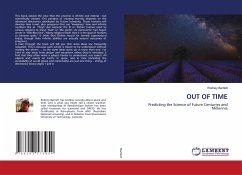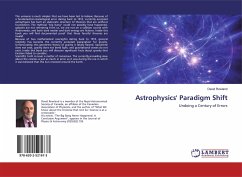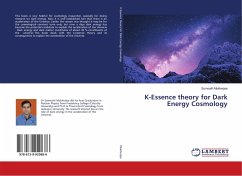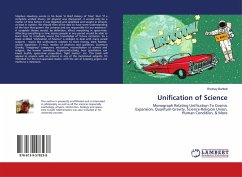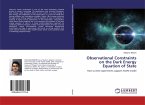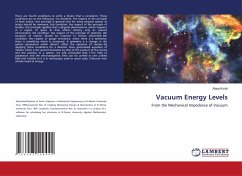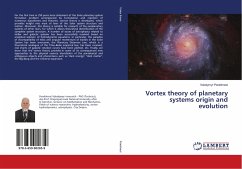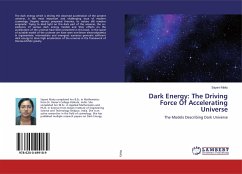This book adopts the view that the universe is infinite and eternal - but scientifically created. This paradox of creating eternity depends on the advanced electronics developed by future humanity. Those humans will develop time travel, plus programs that use "imaginary" time and infinite numbers like pi. They'll also become the El or Elohim (names used by various religions to mean "God" or "the gods"). As astronomer Carl Sagan wrote in "Pale Blue Dot", "Many religions teach that it is the goal of humans to become gods." (I think that Elohim would be termed supernatural today, though their infinite abilities are actually natural outcomes of progress.)A look through the book will tell you that some ideas are frequently repeated. This is because each article is meant to be understood without reading the others ... so the same ideas show up in more than one. I've tried to stay away from jargon and equations unless they're necessary (I find that they often make a subject harder to understand, not easier). All objects and events on Earth, in space, and in time (including the inevitability of world peace and immortality) are just one thing - strings of electronics' binary digits 1 and 0.
Bitte wählen Sie Ihr Anliegen aus.
Rechnungen
Retourenschein anfordern
Bestellstatus
Storno

